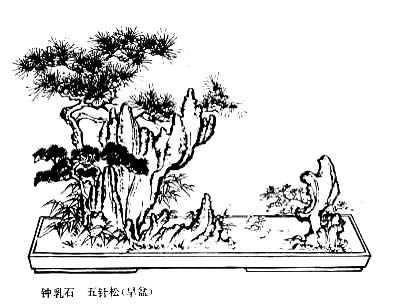論
語
Lun Yu 
 – The Analects of Confucius
– The Analects of Confucius
The Master discusses with his disciples and unveil his preoccupations with society. Tr. Legge (en), Lau (en) and Couvreur (fr).
Lunyu XII. 6. (299)
What constitutes intelligence:– addressed to Tsze-chang.
Tsze-chang asked what constituted intelligence. The Master said, "He with whom neither slander that gradually soaks into the mind, nor statements that startle like a wound in the flesh, are successful, may be called intelligent indeed. Yea, he with whom neither soaking slander, nor startling statements, are successful, may be called farseeing."
Legge XII.6.
Tzu-chang asked about perspicacity. The Master said, 'When a man is not influenced by slanders which are assiduously repeated or by complaints for which he feels a direct sympathy, he can be said to be perspicacious. He can at the same time be said to be farsighted.'
Lau [12:6]
Tzeu tchang demanda en quoi consiste la lucidité. Le Maître répondit : « Ne pas se laisser imprégner par les calomnies, ni se laisser meurtrir par les accusations ; cela peut s'appeler lucidité. Ne pas se laisser imprégner par les calomnies, ni se laisser meurtrir par les accusations, c'est la lucidité d'un homme qui voit loin. »
Couvreur XII.6.

The Analects of Confucius – Lun Yu XII. 6. (299) – Chinese on/off – Français/English
Alias the Lunyu, the Lun Yü, the Analects, les Entretiens du maître avec ses disciples.
The Book of Odes, The Analects, Great Learning, Doctrine of the Mean, Three-characters book, The Book of Changes, The Way and its Power, 300 Tang Poems, The Art of War, Thirty-Six Strategies
Welcome, help, notes, introduction, table.
Index – Contact – Top























